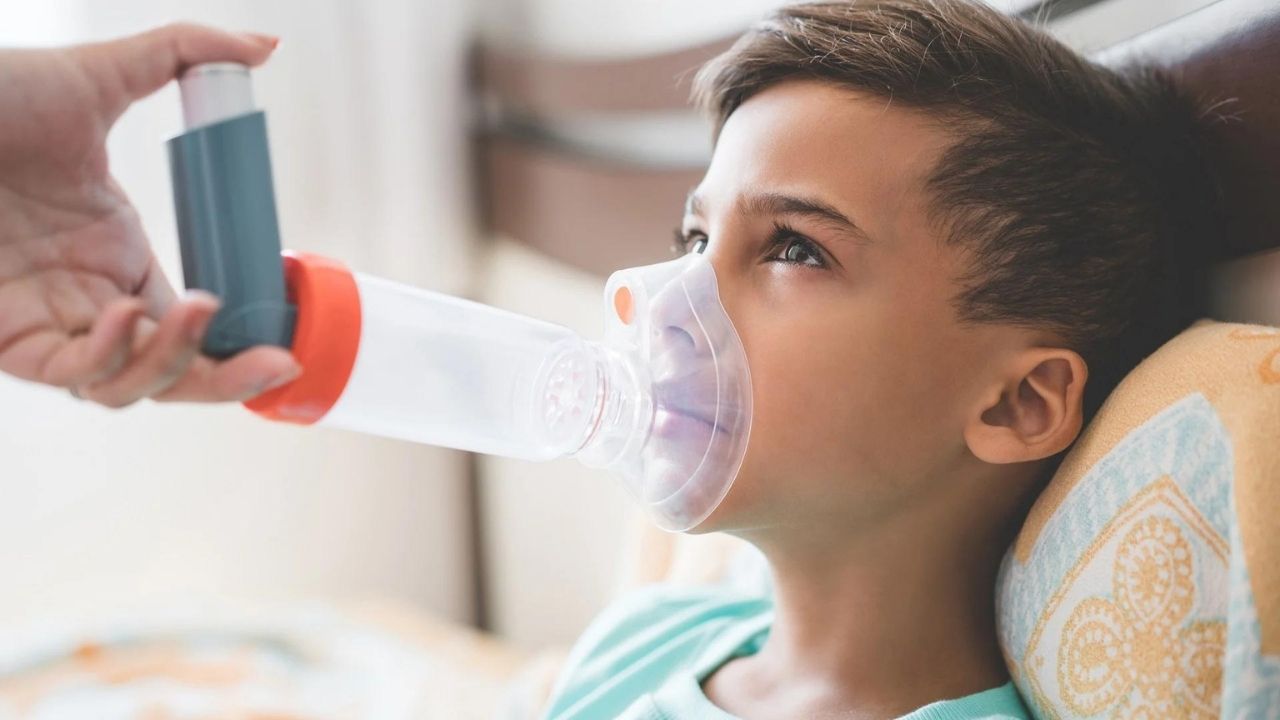
Asthma in Children: Asthma occurs due to swelling in the airways, causing them to narrow and leading to breathing difficulties. Children are particularly sensitive to asthma, with statistics showing that around 80 percent of children develop symptoms of asthma within their first six years of life. This condition can significantly impact their daily activities, necessitating repeated visits to the doctor and affecting their overall well-being. Pediatricians emphasize that untreated asthma in children can pose risks of worsening over time, potentially causing more severe problems as they grow. Asthma in children can also have a genetic component, and factors such as weather changes and air pollution may contribute to its development.
Common Symptoms of Asthma in Children
- Shortness of breath
- Chest heaviness and tightness
- Coughing or sneezing triggered by cold or flu
- Delayed recovery after respiratory system infections
- Fatigue
Detecting Asthma in Children
Parents should be vigilant to prevent their children from suffering from asthma and ensure they receive proper treatment. It’s crucial to take their symptoms seriously. For children above 5 years of age, asthma can be diagnosed through lung function tests, peak expiratory flow (PEF) measurements, and spirometry tests. Pheno testing is commonly performed on school-aged children.
Asthma Treatment
Asthma treatment varies depending on the child’s age. Inhalation therapy is typically the preferred treatment. While asthma may not be cured quickly in children or adults, early detection can help control its impact. Parents should seek advice from a healthcare provider and ensure their children adhere to the recommended treatment plan. It’s also essential to keep a record of asthma attacks, changes in symptoms, medication side effects, and the entire treatment process, which can be very helpful.
Ways to Control Asthma in Children
- Minimize exposure to known asthma triggers.
- Keep children away from tobacco smoke, and avoid smoking in their presence.
- Encourage physical activity to enhance lung capacity and overall strength.
- Schedule regular check-ups to ensure that medications and treatment plans are on track.
- Manage heartburn and acid reflux effectively.
- By following these preventive measures and recognizing early warning signs, parents can play a crucial role in ensuring the well-being of their children and helping them lead a healthier, asthma-free life.
